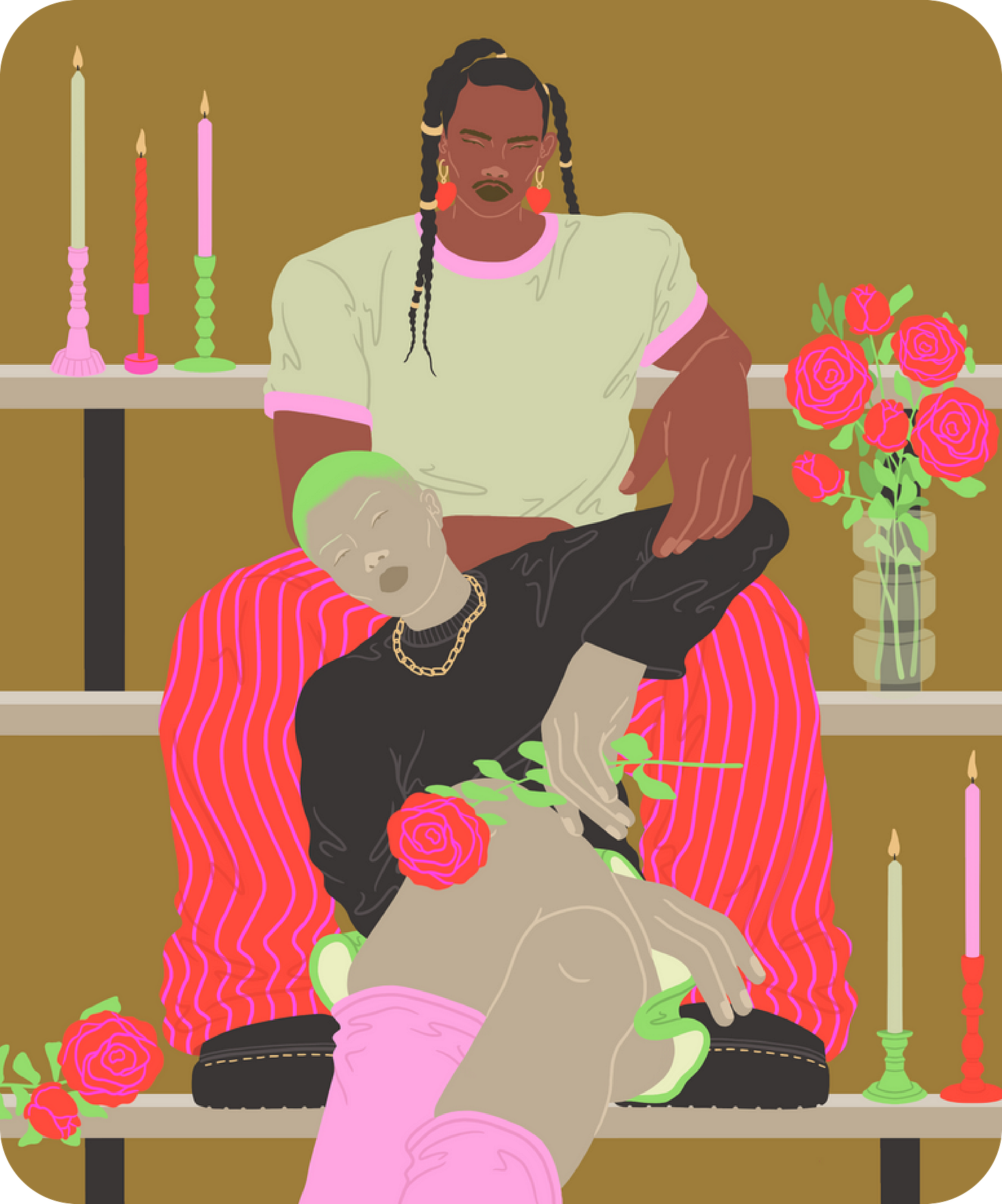The Culture of Relationships
In the first in our series focussing on Culture - and perfectly timed with Valentine's Day - we explore what looking for love looks like for Gen Z.
It is a pretty common desire to want to be understood by your partner, and Gen Z is no exception. However, where they differ from previous generations is their willingness to hold out until they find it. When it comes to relationships, Gen Z prioritises quality over quantity and they're not prepared to settle for less.
Alex Mahon, Chief Executive at Channel 4, dubbed Gen Z 'young illiberal progressives' (YIPs). Mahon states YIPs are "less tolerant of the views of others than their parents and grandparents." According to the Beyond Z study, a quarter of Gen Z say they "have very little tolerance for people with beliefs that they disagree with." This no-nonsense, unwavering approach extends to other facets of their lives, including their love lives. 16-24-year-olds are less likely to pursue a relationship with someone who doesn't share the same values, interests or political views. Ultimately, Gen Z are steadfast in pursuing relationships with like-minded people.
While they wait for someone who lives up to their standards, young people embrace and redefine what it means to be single. They actively reject the stigma that previous generations have built around not being in a relationship. Some young people even opt into voluntary celibacy until they find a partner they trust. This intentional abstinence may be what has led to a decline in casual sex among this generation. These narratives of self-empowerment and "I am the One" thinking is reflected back at us through pop culture with songs like Flowers by Miley Cyrus, Players by Coi Leray and Her by Megan thee Stallion.
For a generation who came of age during lockdowns and social distancing, many young people missed out on important rites of passage like hanging out with a crush or sharing an awkward first kiss. These missed experiences have led to a rise in 'slow dating', where young people spend time getting to know someone first before getting intimate with a partner. Young people are taking more time to think about the types of relationships they want to be in by getting to know potential partners over video or phone calls as a first date rather than rushing to meet up in person.
This isn't to say that young people aren't making connections. The advent of dating apps gave Millennials access to plenty of fish in the virtual sea, but endless (and often mindless) swiping often brings disappointment. Meanwhile, Gen Z has moved away from finding love by swiping right, potentially rendering 'swiping culture' a thing of the past for this generation.
While they may still be on dating apps, they are under no illusion that they'll meet the love of their lives there as very few young people believe in 'The One'. Instead, there's a perception that people will have more than one soulmate in their lifetime and that love might look different to traditional heteronormative relationships. According to the 2021 Census in England and Wales, Gen Z is more than twice as likely to identify as LGBTQIA+, with almost 7% of 16-24-year-olds considering themselves as part of the queer community. Gen Z is also more likely to embrace fluidity in all aspects, including gender and sexuality. They're more open than previous generations to explore non-traditional relationships like polyamory, and pansexuality.
Reflecting their ongoing nostalgia for decades gone by, there's a rising interest in 'old school' approaches to meeting a romantic partner. Meeting spontaneously IRL through friends of friends or bonding at a gig are preferable ways to connect over relying on app algorithms. That being said, finding love online isn't totally out of fashion. Research conducted by StudentBeans highlights that discreetly sliding into DMs on social media sites like TikTok, Snapchat, and Instagram has become an increasingly popular way of initiating romance.
Here’s some considerations for brands…
⊛ Create content that empowers and encourages young people to celebrate themselves
⊛ Consider how your brand can facilitate them creating authentic relationships
⊛ Broaden your brand's perspective of love and relationships to move beyond the binary. Consider how you amplify and champion the different types of relationships (romantic and platonic) young people are cultivating



